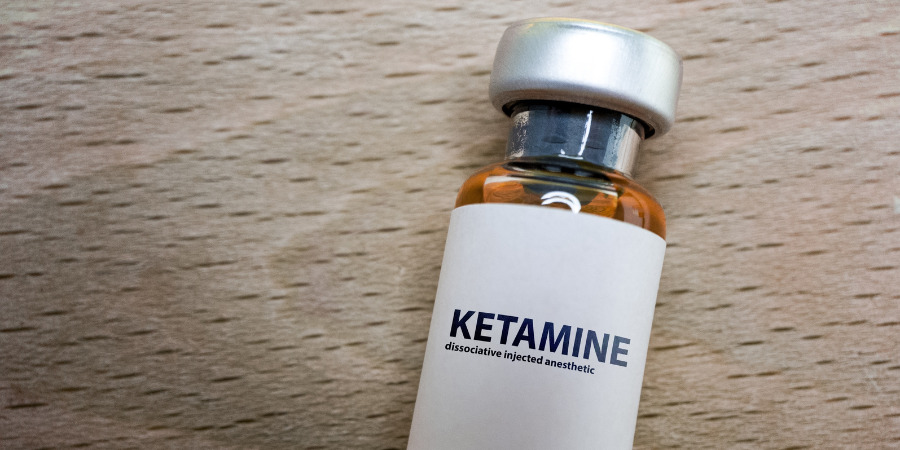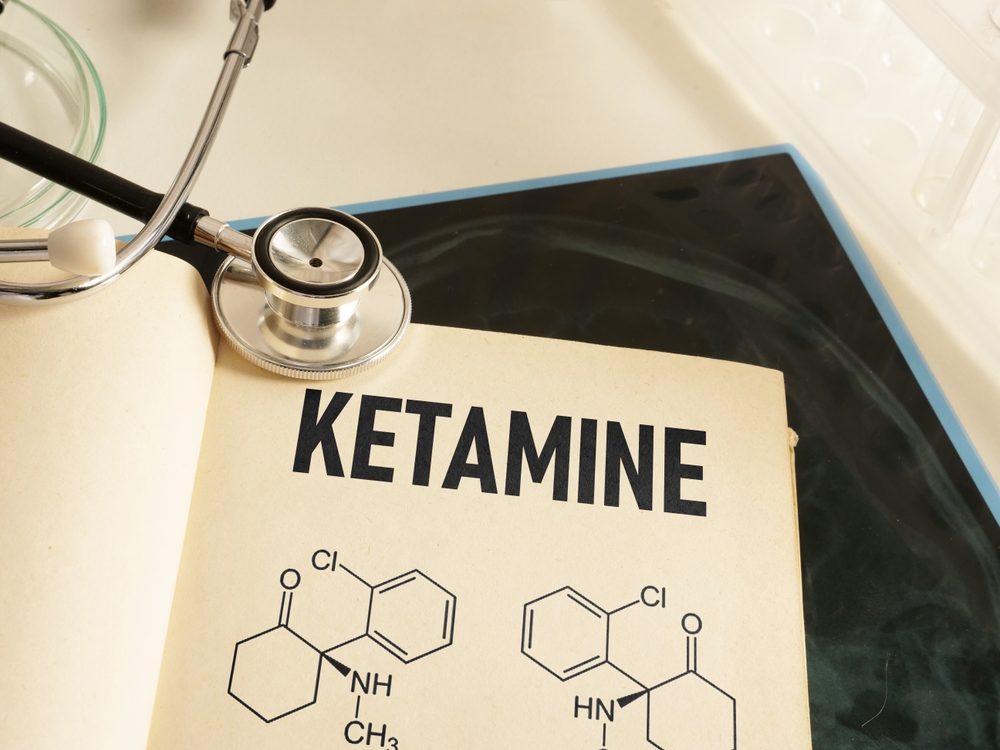Last Updated:
May 28th, 2025
Ketamine Detox | Dealing with Ketamine Withdrawal
Ketamine detox cleanses your body and readies your mind for long-term healing. It is the first stride in the battle against ketamine addiction and lays the foundations for everything that comes after. However, the prospect of detox can be unnerving, especially if you don’t know what to expect. Understanding what treatment at a professional ketamine detox involves can make you feel more at ease and confident about the process.

What is ketamine detox?
Ketamine detox is a medically overseen procedure which uses your body’s natural recovery mechanisms to remove all ketamine from your systems. Quitting ketamine on your own at home can be manageable if you are an occasional user of small amounts of ketamine. Still, it can be dangerous and difficult if you are addicted. Some of the benefits of a medical ketamine detox include:
- Disrupted physical dependency: Ketamine detox liberates you from the drug’s physical hold, giving you a fresh start and helping you focus on the emotional and psychological parts of treatment.
- Improved health: The detox process helps heal the body’s wear and tear from ketamine, improving your health and physical wellness. It also clears the mental haze of ketamine abuse, restoring your cognitive abilities.
- Ketamine overdose prevention: Medical ketamine prevents the risk of ketamine overdose, which is a danger for anybody who is taking it long-term in large amounts.
What is ketamine withdrawal?
Ketamine withdrawal is your body and brain’s reaction to suddenly not having ketamine when it has been a constant in your systems. Regular ketamine use manipulates the brain’s reward pathways by flooding them with dopamine, a neurotransmitter that makes you feel good.
Your brain compensates by dialling back its natural dopamine receptors and production, but if you stop taking ketamine, it goes into panic mode. Until the brain learns to manage dopamine levels again without ketamine, you will experience withdrawal symptoms. You will then find yourself in a catch-22: continue using ketamine to get relief from ketamine withdrawal or resist the urge to relapse. Medical detox helps you resist with emotional support, physical care and sometimes medication for ketamine withdrawal.
Some of the most common symptoms of ketamine withdrawal include:
- Ketamine cravings
- Tremors
- Vomiting
- Hallucinations
- Nausea
- Muscle aches
- Fatigue
- Headaches
- Insomnia
- Anxiety
- Delusions
- Paranoia
- Depression
- Sweating
- Irritability
Ketamine withdrawal symptoms can differ greatly based on how long and how much you have used ketamine, along with your overall health and any other substances you have been taking. However, symptoms can be extremely hazardous in some cases, so professional support is needed both to ensure your safety and to stop you from relapsing when the challenges become too much.
How long does it take to detox from ketamine?
A common question is, “How long does ketamine withdrawal last?” Understanding the timeline better can help relieve some common concerns. Again, your age, health and level of ketamine use can affect the length of ketamine withdrawal but the timeline will usually follow this general pattern:
The advantages of a professional ketamine detox centre
Professional ketamine detox programmes are specially planned and executed to keep you completely safe and give you the best chance of successful recovery. Some of the biggest advantages include:
Tailored care from day one
Starting with a detailed health and usage history assessment, medical teams craft a personalised ketamine detox plan that targets expected withdrawal symptoms. This plan is not static and it can be adapted through the course of ketamine detox if your symptoms, needs or challenges change.
Constant medical readiness
The unpredictability of ketamine withdrawal demands constant medical vigilance. Ketamine detox centres offer 24/7 access to healthcare professionals, providing vital care at any hour to safeguard your health during withdrawal.
Integrated treatment models
Professional centres combine ketamine detox with rehab therapy, creating a cohesive treatment plan that covers all bases. This combination of physical detoxification and psychological recovery is the best way to ensure no issue is left unresolved, which could trigger a relapse later.
Relapse prevention through a controlled environment
A ketamine detox centre provides a secure environment where the absence of ketamine ensures that relapse is not an option. Emotional and psychological support are then paired to prevent relapse both during treatment and afterwards.

Tips for a successful ketamine detox
The path through ketamine withdrawal can be tough, but with the right approach, it can become more manageable. Here are some key tips to make ketamine detox safer and more rewarding:
1. Commit to your treatment plan
Faithfully following your detox plan, including therapy, nutrition plans and any ketamine withdrawal medication, is crucial for smooth and safe progress.
2. Take control of your own recovery
Keep yourself informed about each phase of the ketamine detox process. Understanding what to expect can significantly reduce stress and empower you through your recovery.
3. Stay fully hydrated
Proper hydration is essential during ketamine detox as it supports toxin elimination and increases healing rates.
4. Prioritise your self-care
You will have a lot of time on your hands during ketamine detox. It is a great opportunity for self-care practices that foster relaxation and physical ease. These can include everything from listening to soothing music to practising light yoga.
5. Utilise emotional support
Leverage the strength and encouragement from your support system to help you stay motivated and resilient throughout the ketamine detox process. This can include your partner, friends, family and your professional medical team.
Contact us for the best ketamine detox options
Contact Addiction Helper for expert advice on inhalant ketamine. We can help you understand what to expect, answer any questions you may have, or provide options for rehab centres that provide ketamine detox. Contact us today!
Our compassionate team are ready and available to take your call, and guide you towards lasting the lasting addiction recovery you deserve.
Frequently Asked Questions
(Click here to see works cited)
- Recovery.org.uk. “Ketamine Rehab.” Recovery.org.uk, https://www.recovery.org.uk/ketamine-addiction/ketamine-rehab/. Accessed 26 February 2025.
- FRANK. “Ketamine | Effects of Ketamine.” FRANK, https://www.talktofrank.com/drug/ketamine. Accessed 26 February 2025.
- UK Addiction Treatment Centres. “Ketamine addiction treatment | Ketamine rehab | UKAT.” UK Addiction Treatment Centres, 10 October 2023, https://www.ukat.co.uk/rehab-treatment/drug/ketamine/. Accessed 26 February 2025.

